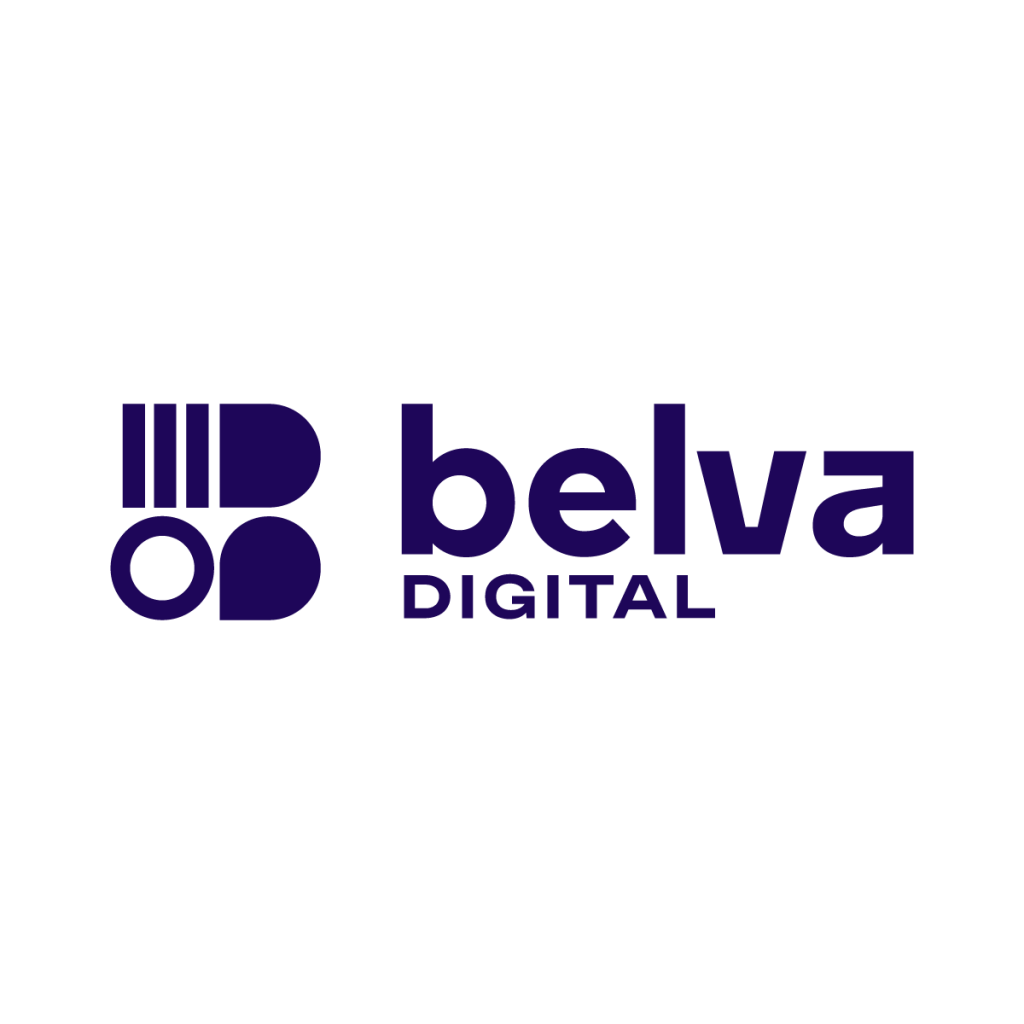Have you ever Googled yourself? If you are reading this, you probably have. Did you like what you saw when you did? Well, Online Reputation Management (ORM) refers to the tactics that are used to ensure that the results that appear on the Google Search Results Page (SERP) are positive. Page one, that is, perhaps even page two. No one really cares about results on page three. Unless you are a student desperate on cheating your way out of an assignment.
Why You Should Know
Most people in the digital world will tend to Google you first rather than, say, look you up in a physical directory. People tend to believe what they read as gospel truth even when it is not.
Only after knowing can you do something about it. You need to keep your reputation intact especially if you run a business which depends solely on you.
Here at Belva Digital, we often get asked to help manage a client’s reputation online. We will share with you what we have done so far.
What You Should Do
There a lot of outfits that can wipe out a bad result at a fee. Sometimes, you do not have a bad result on page one but you do not have much to show the world. You have already searched yourself using the name you prefer to go by. Now you can do a few things that we have proven to work. Remember that it is not a one-day miracle. You have to work at it.
Buy a domain
This should bear your name, preferably with a .com extension not any of the other newer domain extensions like .tv or .me. This is because .com domains tend to rank higher on SERPs. It is expected since it is the oldest alongside .net. Also, in the eventuality that people want to go to your site directly, there is always the tendency of typing .com on the address bar. Make it as easy as possible to find you even when not through Google.
By the way, buying every possible domain you can with your name, such as X.com, X.co.ke, X.net etc. does not help a lot when you are pushing a negative result down. Put all your effort on one domain.
Create content
Post content in that one site that you have acquired. A blog that is often updated with stories and information (in both textual and visual form) about you and your interests will definitely rank high. Content remains king.
Join social networks
This is a must in the Web 2.0 age. Join the big social networks that are popular in your region. Facebook, Twitter, LinkedIn, Google+ and Pinterest. And any other that you think would be necessary in your line of work. Pinterest, for instance, may not be as popular but has immense benefits in terms of Google SERP ranking.
It does not end here. You need to be active on these networks. Use the strengths of each to amplify your cause. Also, optimize your profiles on each of the social networks. Get custom URLs; short memorable addresses that directly link to your profiles. Get profile pictures. Build your networks. This is the only way content you create on your blog will get shared and visible to other people. Social sharing counts for a lot on Google SERP ranking.
While at it, do not try too hard. You may end up ruining your reputation beyond what you were trying to cover up in the first place. All you need nowadays is one wrong tweet to turn your world around for the worst. Remember Justine Sacco? Do not post pictures you do not want the world to see. Moderation is the name of the game.
Meanwhile, we are still working on our case and so far, so good. We will let you know how it turned out eventually.
Over to you now.
Is There an Ethical Line?
Should you ask the news agency that put up a negative article about you to pull it down? Should you hack into the system and pull it down yourself?
What do you think? Has something else worked for you?








